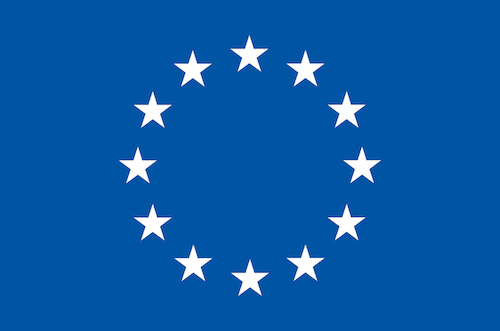Causality in cancer research: a journey through models in molecular epidemiology and their philosophical interpretation
In the last decades, Systems Biology (including cancer research) has been driven by technology, statistical modelling and bioinformatics. In this paper we try to bring biological and philosophical thinking back. We thus aim at making different traditions of thought compatible: (a) causality in epidemiology and in philosophical theorizing—notably, the “sufficient-component-cause framework” and the “mark transmission” approach; (b) new acquisitions about disease pathogenesis, e.g. the “branched model” in cancer, and the role of biomarkers in this process; (c) the burgeoning of omics research, with a large number of “signals” and of associations that need to be interpreted. In the paper we summarize first the current views on carcinogenesis, and then explore the relevance of current philosophical interpretations of “cancer causes”. We try to offer a unifying framework to incorporate biomarkers and omic data into causal models, referring to a position called “evidential pluralism”. According to this view, causal reasoning is based on both “evidence of difference-making” (e.g. associations) and on “evidence of underlying biological mechanisms”. We conceptualize the way scientists detect and trace signals in terms of information transmission, which is a generalization of the mark transmission theory developed by philosopher Wesley Salmon. Our approach is capable of helping us conceptualize how heterogeneous factors such as micro and macro-biological and psycho-social—are causally linked. This is important not only to understand cancer etiology, but also to design public health policies that target the right causal factors at the macro-level.

 Lifepath
Lifepath